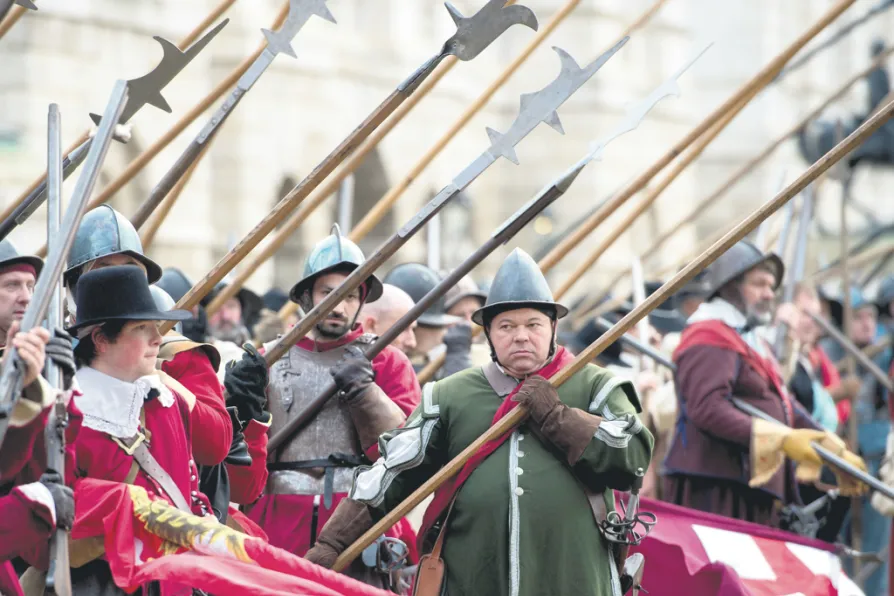As tens of thousands return to the streets for the first national Palestine march of 2026, this movement refuses to be sidelined or silenced, says PETER LEARY


JANUARY 30 marks the 370th anniversary of the beginning of modern parliamentary democracy in Britain. On that day King Charles I lost his head in Whitehall and a government under Oliver Cromwell and then his son Richard ran things until 1660 when the monarchy was restored. It is of course still with us.
One might think that the birth of what was in effect the first parliamentary system anywhere in the world would warrant some degree of commemoration and indeed celebration. It will not of course. The 350th anniversary in 1999 did see some events and exhibitions which in the main focused on what a terrible thing it was that the forces of the New Model Army and the new Commonwealth had had the temerity to actually execute a monarch.
So January 30 is not, as it should be, a national holiday. The current Prince Charles, who may yet become King Charles III, will maintain an official silence, since 370 years on the royal family have still not come to terms with what happened on that January day in 1649.

KEITH FLETT revisits the 1978 origins of Britain’s May Day bank holiday — from Michael Foot’s triumph to Thatcher’s reluctant acceptance — as Starmer’s government dodges calls to expand our working-class celebrations













